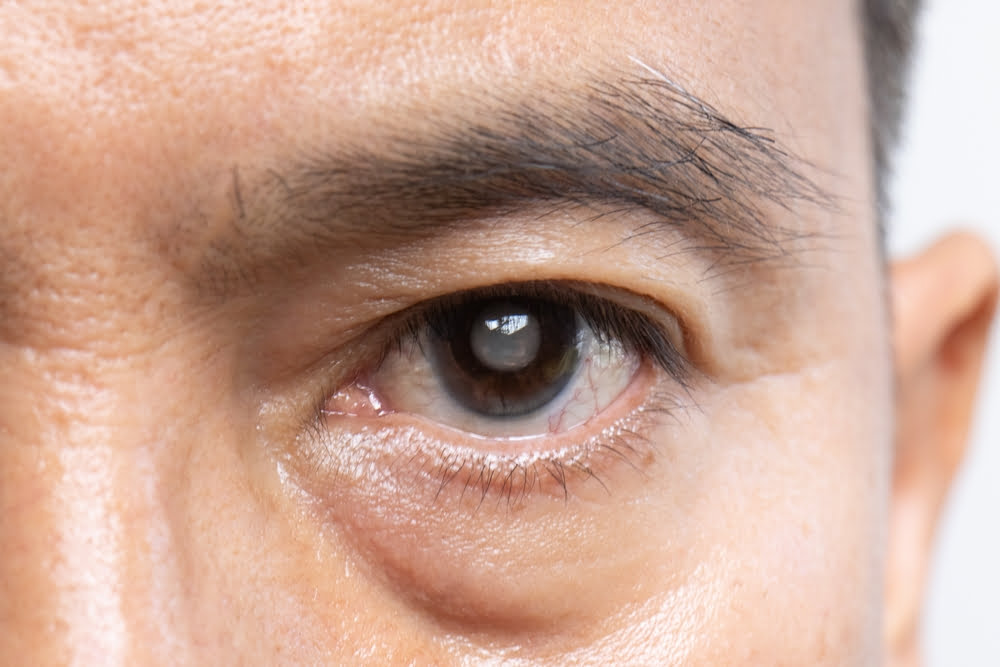Cataract surgery is one of the most common and successful procedures worldwide, restoring clear vision to millions of people each year. However, it is not uncommon for patients to experience temporary blurry vision after the operation.
While some blurriness is part of the normal healing process, persistent or worsening symptoms could signal complications that require professional attention. Understanding what causes post-surgery blurriness and when to seek help ensures a smooth recovery and optimal visual outcomes.
Understanding Blurry Vision After Cataract Surgery
Cataract eye surgery involves removing the clouded natural lens of the eye and replacing it with an artificial intraocular lens (IOL). This new lens provides clearer vision, but the eye needs time to adjust and heal after the operation.
Blurry vision immediately after surgery is typically normal. The cornea may swell, or the eye may still be adapting to the new lens. Vision usually improves gradually over the following days or weeks. However, if blurriness persists or worsens, it could indicate other underlying issues that require prompt medical attention.
Common Causes of Temporary Blurriness
Mild blurriness after cataract treatment surgery is often due to harmless and short-term changes in the eye.
One common cause is corneal swelling, known as corneal edema. The cornea can become temporarily swollen due to fluid buildup during or after the procedure. This usually resolves on its own within a few days, though eye drops prescribed by your doctor can speed up recovery.
Another possible reason is residual inflammation. Even though cataract surgery is minimally invasive, it can trigger mild inflammation as the eye heals. Anti-inflammatory medications are typically given to control this and help vision return to normal.
Additionally, dryness is a frequent contributor to blurry vision. The surgery may temporarily disrupt tear film stability, causing the eyes to feel dry or gritty. Artificial tears or lubricating drops can provide relief and improve clarity.
When Blurriness May Signal a Problem
While temporary blurriness is common, certain symptoms after cataract surgery should never be ignored. Persistent or severe vision changes can indicate complications that require immediate care.
One possible concern is posterior capsule opacification (PCO), often referred to as a “secondary cataract.” This occurs when the membrane behind the implanted lens becomes cloudy weeks or months after surgery. Fortunately, PCO can be treated easily with a quick laser procedure called YAG capsulotomy, restoring clear vision almost immediately.
Another issue could be infection or inflammation inside the eye, known as endophthalmitis. Though rare, this is a serious complication that can cause significant vision loss if untreated. Symptoms include severe pain, redness, swelling, and worsening blurry vision. Immediate medical intervention is essential.
In some cases, retinal detachment may also occur, particularly in patients with high myopia or previous retinal issues. Sudden flashes of light, new floaters, or a curtain-like shadow in the vision should prompt urgent evaluation by an ophthalmologist.
Tips for Managing Blurry Vision at Home
There are several ways to promote healing and manage mild blurriness safely after cataract surgery. Always follow your doctor’s postoperative instructions carefully.
Use prescribed medications exactly as directed. Antibiotic and anti-inflammatory eye drops reduce the risk of infection and help control swelling, which in turn improves vision faster. Avoid rubbing or pressing on the operated eye, as this can interfere with the healing process.
Wearing protective eyewear, especially while sleeping, prevents accidental injury or pressure on the eye. It is also important to avoid exposure to dust, wind, and bright sunlight for the first few days. Sunglasses can reduce glare and discomfort while outdoors.
Keeping your body hydrated and maintaining good eye hygiene also supports recovery. If dryness persists, your doctor may recommend artificial tears to keep the eyes moist and comfortable.
When to Seek Medical Help
It can be challenging to determine when blurry vision after cataract surgery is normal and when it signals a problem. As a general rule, if vision does not begin to improve within a few days, or if it worsens suddenly, contact your eye specialist immediately.
Seek medical help right away if you notice severe eye pain, redness, light sensitivity, swelling, or discharge. These may be signs of infection or other serious complications. Also, report any flashes of light, increase in floaters, or sudden vision loss, as these can indicate retinal problems requiring urgent attention.
Your ophthalmologist may perform an examination to determine whether your blurriness is due to healing, dry eye, or another treatable cause. Early intervention ensures the best possible recovery and preserves the success of your cataract surgery.
Conclusion
Blurry vision after cataract surgery is often a normal part of healing, but knowing when to take it seriously is essential. Most patients regain clear vision within a few days to weeks, especially when postoperative instructions are followed closely. However, persistent or severe symptoms should never be ignored, as they can be signs of complications that require prompt treatment.
By understanding the healing process, managing symptoms properly, and knowing when to seek professional help, patients can enjoy the full benefits of cataract surgery and maintain clear, healthy vision for years to come.



